
Teaching Traveling: Want advice about landing a great job teaching abroad after getting TEFL certification? To answer this question, let’s welcome experienced Teacher-Traveler, Nathan Arnold. Nathan, tell us about your background.
Nathan: I was raised in an Air Force family, so I grew up with a strong sense of American patriotism, but also grew up moving all over the U.S. and the world. This confused me, as non-Americans’ perceptions of the U.S. seemed so different from the real America where I’d lived for many years.
This led me to the conclusion that if foreigners’ perceptions of the U.S. were so off, I might be completely wrong about other nations as well. So, I determined to spend substantial time in other countries and try to understand their cultures as fully as possible.
Since that time, I’ve traveled to twenty-seven countries, and lived in Germany, Saudi Arabia, and Turkey. My wife (also an English teacher) and I just got married in May, and we lived in the States since that time to save up for our next excursion abroad. We are now headed to teaching jobs in Russia and Shanghai, China!

TT: So great! Tell us more about your travels.
N: I’ll focus on my time teaching in Turkey, since it was most recent. Istanbul was a fantastic city to live in for me because of the layers upon layers of culture, nightlife and history to explore on any given evening in town.
During holidays, the possibilities expand to include some of the most phenomenal geographic, cultural, and historical sights that Anatolia has to offer. On long weekends, I was able to utilize the cheap flights and overnight buses that connect Turkey’s large cities and small villages to travel to the ancient cave cities of Cappadocia, the turquoise waters of the Mediterranean coastline in Antalya and Kaş, and the bizarre, beautiful thermal pools at Pamukkale. If sightseeing and travel are your primary reasons for teaching abroad, Turkey has much to offer. (Note: Check travel warnings before arriving, due to volatile current events.)
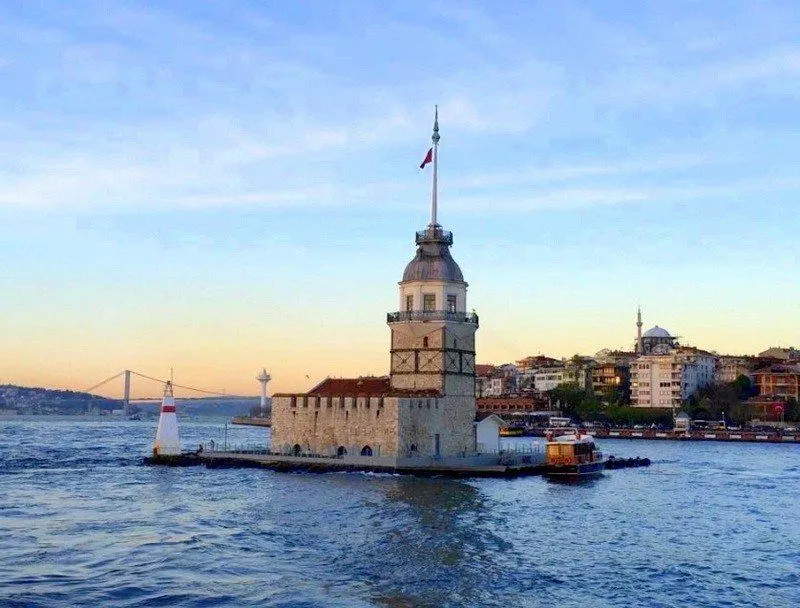
TT: How did you find your teaching job abroad?
N: The school I worked for in Istanbul was recommended to me through the company where I earned my TEFL certificate. Keep in mind that the opportunities provided for entry-level teachers may not always lead to the best offer possible once you’re in country. Once I had arrived in Turkey, hundreds of opportunities became available, most of which I heard about through word-of-mouth.
These positions meant the possibility of teaching all over the country for much more money than I’d been offered in my original contract. There’s far more demand for native speaking TEFL instructors in Turkey than there is supply to meet it, which means you should be able to find many places where you’d feel happy teaching.
TT: That’s great advice. How did you pay for your travels?
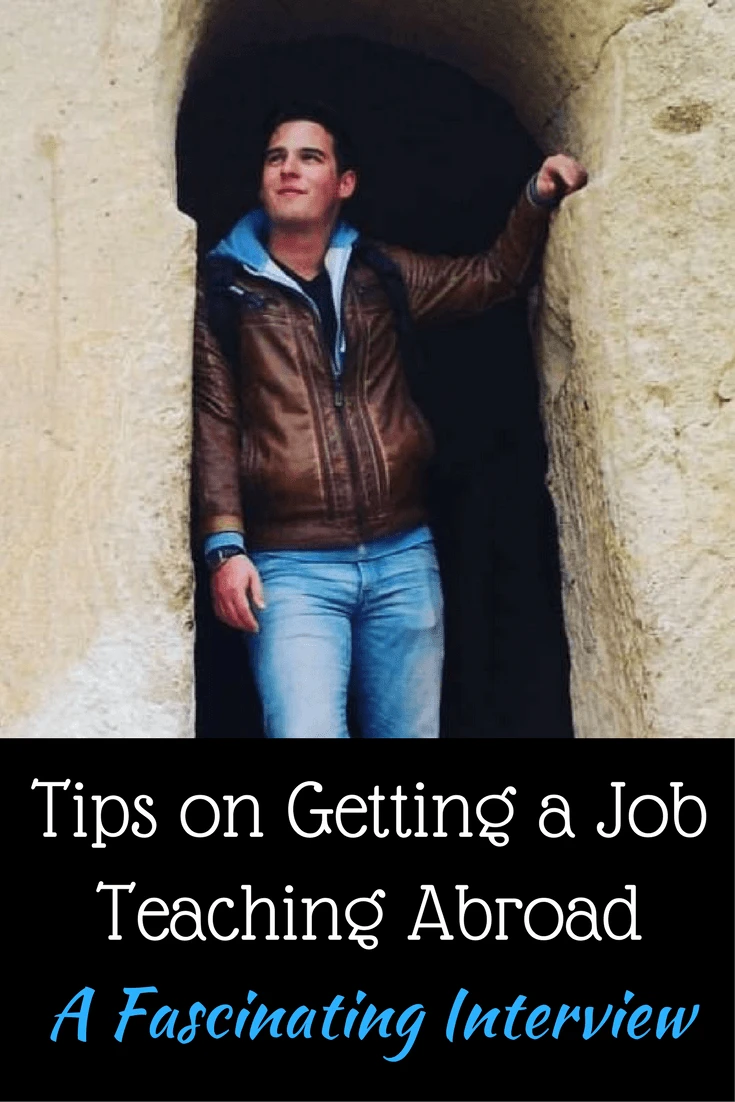
N: Saving money for travel is usually not easy, and Istanbul is not a cheap city if you’re just starting out.
As a 22-year-old recent college graduate, I had no savings to speak of.
To afford my flight and have a couple months of emergency cash at hand, I worked odd jobs back in the States for a few weeks while living with friends to save money on rent.
I sold my car just before moving to Istanbul to pay for my flight there and back.
If you’re just starting out, I’d recommend signing a contract with a company willing to provide room and board for a few months, even if that means accepting a job that pays less than others.
It’ll be totally worth it when you can get your own place later having had plenty of time to get a grip on the local market. Talking with local friends about good locations to live within the city can also help make sure you end up with great lodgings.

TT: Such good tips. What were some particularly powerful moments in your travels?
N: There were so many profound and memorable moments during my time in Istanbul. I was living there at a very volatile time.
(PSA: Istanbul has since crossed the subtle line from volatile into dangerous. The city is a center of political and cultural identity for Turkish people, which increases the risk for political unrest and even terrorism.The situation is precarious and I would strongly advise anyone interested in the city to talk to people about the political and social climate on the ground before committing to moving there.)
The best moments from that volatile time were spent with Turkish people. In my opinion, though the geography is incredible, and the food is outstanding, what makes Turkey so remarkable is its people. Despite the turmoil ongoing during my time there, I made some of the best friends of my life in Istanbul, and its people are the most friendly, outgoing, and generous I’ve ever met. If you go, the best decision you can make is to get to know the locals. Make friends and contacts; I can guarantee you won’t regret it.

TT: Beautiful. How did travel change you as a person?
N: Travel impacted my teaching by making me more culturally sensitive. There are differences in the way Turkish students behave in the classroom compared to American students. The same standards do not always apply, and the adjustments I had to make were not always obvious or easy.
An example of this is body language as communication. Turkish people often move their chin upwards to show disagreement or as a simple “no.” In the U.S., this gesture usually means “What’s up?” Many miscommunications like this occurred in my first couple months in the classroom.
Outside of teaching, traveling in Turkey taught me to be far more patient. Everything will not always be on schedule. The bus might have run out of gas. Traffic in Istanbul will always be bad. So take a page from the book of the Istanbullus, and have a seat and drink some çay; everything will be okay.
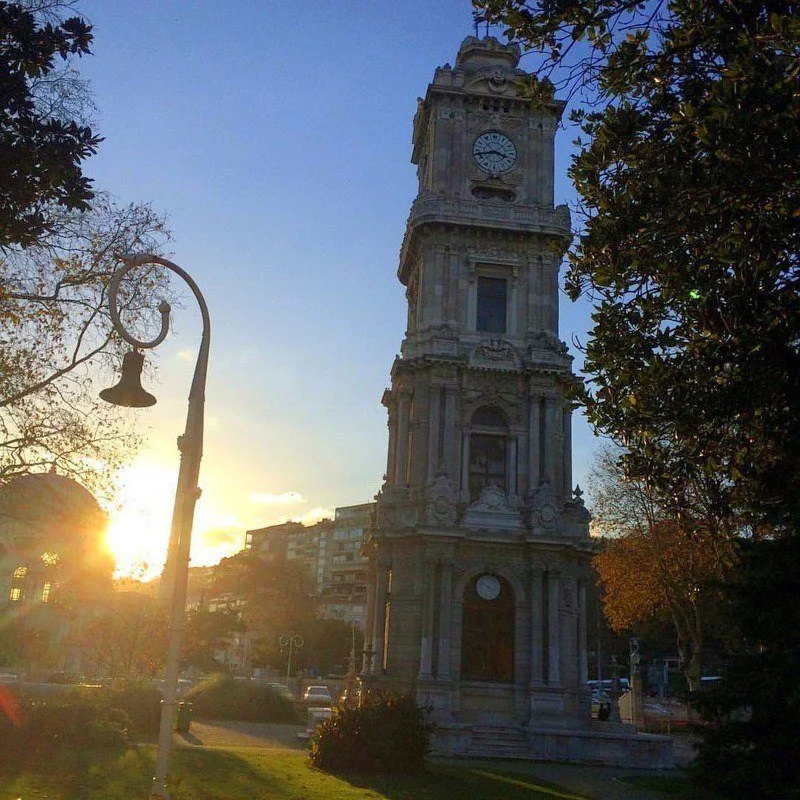
TT: Love it! What advice do you have for teachers dreaming of travel, or travelers dreaming of teaching?
N: My advice for people dreaming to travel is: do it. But also, manage your expectations. The best times I had while in Turkey were when I had no expectations. The things that astound you will not be what you think they are. The things you expect to be amazing might very well disappoint you.
Keep an open mind, and try not to impose your own ideas and morals on what you see and experience. Istanbul was Constantinople once, and the city has stood for well over two millennia. Chances are the city will affect you far more than you’ll affect it. The sublimity of travel is in allowing yourself to be changed by a place.
TT: Thanks so much, Nathan! Readers, what questions do you have?
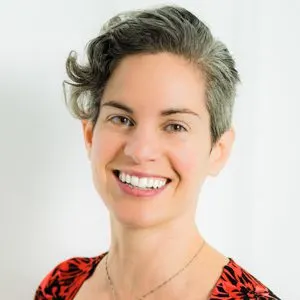
The author, Lillie Marshall, is a 6-foot-tall National Board Certified Teacher of English from Boston who has been a public school educator since 2003. She launched TeachingTraveling.com in 2010 to share expert global education resources, and over 1.6 million readers have visited over the past decade. Lillie also runs AroundTheWorld L.com Travel and Life Blog, and DrawingsOf.com for educational art. Do stay in touch via subscribing to her monthly newsletter, and following @WorldLillie on social media!
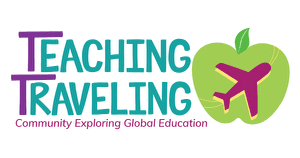
Amanda
Sunday 9th of July 2017
Hi, Lillie and Nathan. That was an inspiring story. I've been contemplating on whether to get a TEFL or not. I've been doing tutoring jobs for kids who are studying in BIST through some friends' referrals. I think it's about time for me to level up on my teaching profession. Thanks for sharing your story, Nathan.
Nathan Arnold
Thursday 13th of April 2017
I'm curious, are any of you all currently in Turkey? How have things changed since 2016? How is the referendum affecting life in your city?